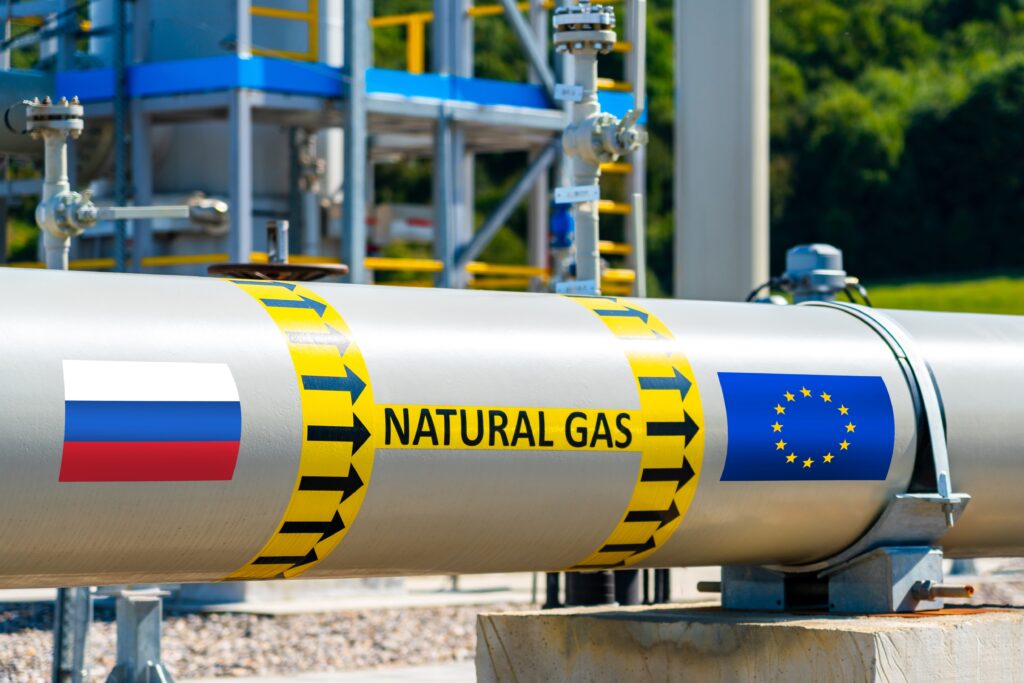Russian gas transit to the EU through Ukraine has stopped after a five-year deal expired. This marks the end of decades-long arrangements. The EU says most member states are prepared, but countries like Moldova face shortages. Moldova, which relies heavily on Russian gas, declared a 60-day energy emergency.
Ukraine’s President Zelensky vowed not to let Russia profit from the crisis, calling it “blood money.” Poland hailed the cut-off as a victory against Moscow, while Russia argued that Europe would bear the brunt. Moscow has used Ukraine as a transit route for gas since 1991. The European Commission said most EU countries had diversified their gas sources and reduced reliance on Russia.
Impacts Across Europe
Despite reduced Russian gas imports—just 10% of EU supply in 2023 compared to 40% in 2021—some nations remain dependent. Slovakia and Austria still receive significant Russian gas. Austria reported no disruption, citing reserves and diverse sources. However, Slovakia faces higher costs for alternative routes and rising consumer prices in 2025. Prime Minister Robert Fico warned of “drastic” consequences for EU nations, excluding Russia. Fico also threatened to cut electricity to Ukraine, sparking criticism from Zelensky.
Poland has pledged support to Ukraine if Slovakia halts electricity exports. Polish Foreign Minister Radoslaw Sikorski encouraged exploring alternative gas routes, including terminals in Croatia and supplies from the US and Qatar.
Moldova’s Energy Crisis
Moldova is severely affected, as its power station depends on Russian gas. The breakaway Transnistria region has lost heat and light amid sub-zero temperatures. Russian gas company Gazprom restricted supplies, citing unpaid debts, a claim Moldova denies. Prime Minister Dorin Recean accused Russia of weaponizing energy and confirmed aid for Transnistria. Meanwhile, residents were urged to conserve energy and use electric heaters.
The EU has shifted to liquefied natural gas from Qatar and the US, along with Norwegian supplies. The European Commission plans to eliminate reliance on Ukrainian transit routes entirely.


